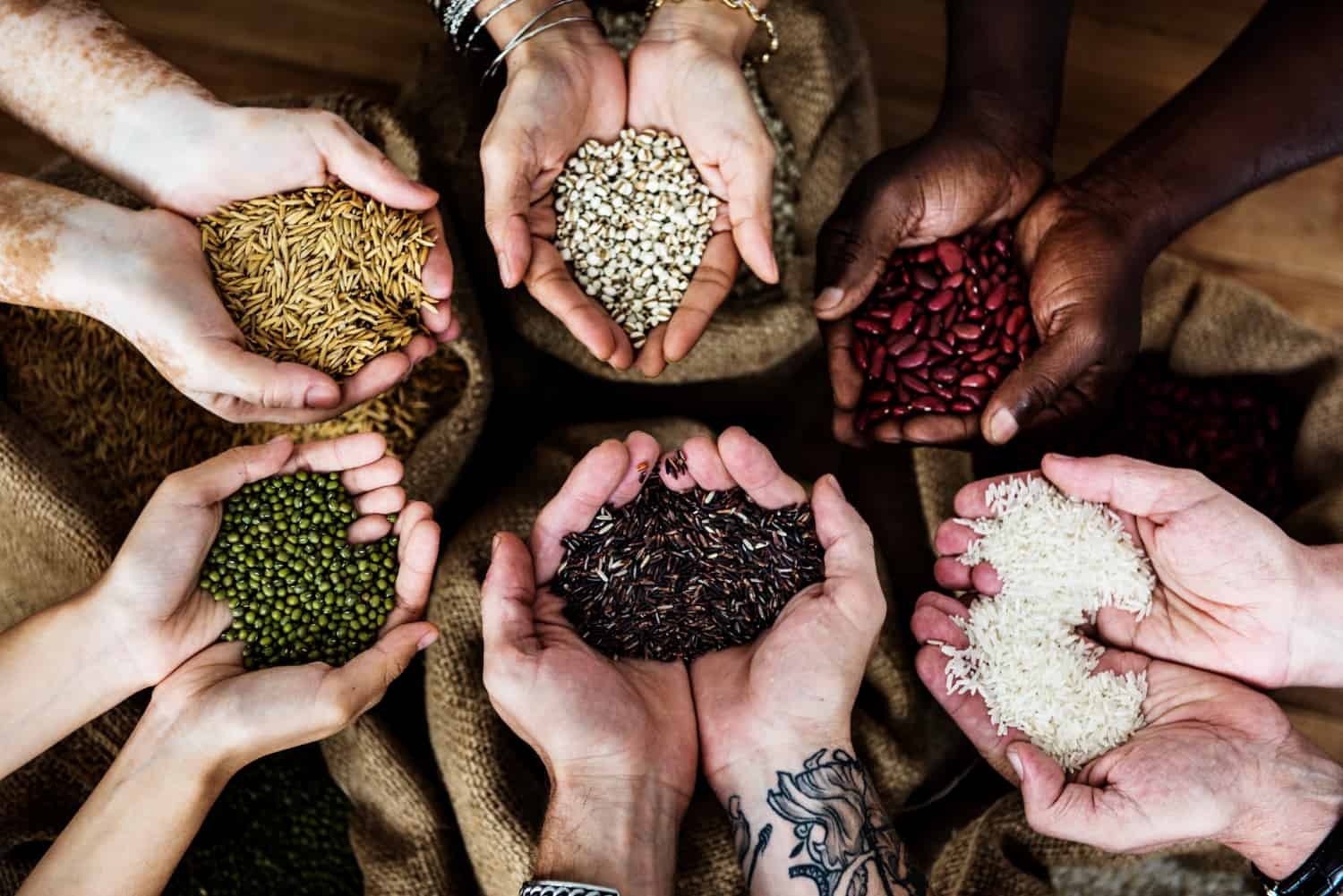- Phone: 306-970-1552
- connect@gentleprocessing.ca
- 18-301 South Industrial Dr. Prince Albert, SK S6V 7L7, Canada

As the global population continues to grow, ensuring an adequate and sustainable food supply becomes increasingly important. Food processing plays a vital role in transforming raw agricultural products into safe, nutritious, and convenient food products that can meet the demands of a growing population. This article explores the importance of food processing and its impact on feeding the world's population.
Food processing techniques are crucial in ensuring the safety and preservation of food products. Through processes such as pasteurization, sterilization, and canning, harmful bacteria and microorganisms are eliminated or reduced, extending the shelf life of perishable foods. These preservation methods help prevent foodborne illnesses and reduce food waste, ensuring that more food reaches consumers in a safe and consumable state.
Food processing techniques allow for the enrichment and fortification of food products, improving their nutritional value. Essential vitamins, minerals, and other nutrients can be added to processed foods, helping address specific nutrient deficiencies in populations. Additionally, food processing enables the creation of a wide variety of products, making different types of food accessible to consumers year-round, regardless of seasonal limitations.
Food processing plays a significant role in making food more accessible and convenient for consumers. Processing techniques such as milling, grinding, and refining make grains and cereals more digestible and easier to cook. Ready-to-eat meals, frozen foods, and canned goods provide convenience, allowing people to save time and effort in meal preparation. These processed food options cater to the needs of busy lifestyles and contribute to overall food security.
Post-harvest losses occur when food products spoil or are wasted between harvesting and consumption. Food processing helps reduce these losses by preserving perishable foods and minimizing spoilage. By removing moisture, controlling temperature, and using appropriate packaging techniques, food processors can extend the shelf life of products and prevent spoilage. This reduction in post-harvest losses contributes to improved food availability and resource efficiency.
Food processing enhances the efficiency of the food supply chain by enabling storage, transportation, and distribution of food products. Processed foods can be transported over long distances and stored for extended periods without significant quality degradation. This allows food to reach consumers in remote areas and regions with limited local food production. Efficient supply chains supported by food processing help ensure a steady and reliable food supply, particularly in times of natural disasters or disruptions.
Food processing plays a crucial role in supporting economic growth and job creation, particularly in agricultural economies. Food processing facilities provide employment opportunities, ranging from agricultural production and processing to packaging, distribution, and marketing. The growth of the food processing industry contributes to economic development, income generation, and poverty reduction in many regions around the world.
While food processing offers numerous benefits, it is essential to strike a balance between health considerations and sustainability. Some highly processed foods may contain additives, preservatives, or excessive levels of salt, sugar, and unhealthy fats. Therefore, promoting a balanced diet, encouraging the consumption of minimally processed foods, and implementing sustainable food processing practices are vital for addressing health concerns and minimizing the environmental impact of the industry.
Food processing plays a critical role in meeting the nutritional needs of a growing population. It enhances food safety, extends shelf life, increases accessibility and convenience, reduces post-harvest losses, and supports economic growth. However, it is important to prioritize health, nutrition, and sustainability in food processing practices. By adopting responsible and sustainable processing methods, we can ensure a safe and abundant food supply to feed the world's population now and in the future.